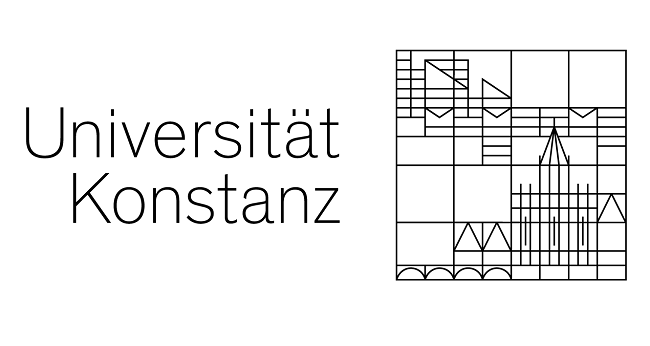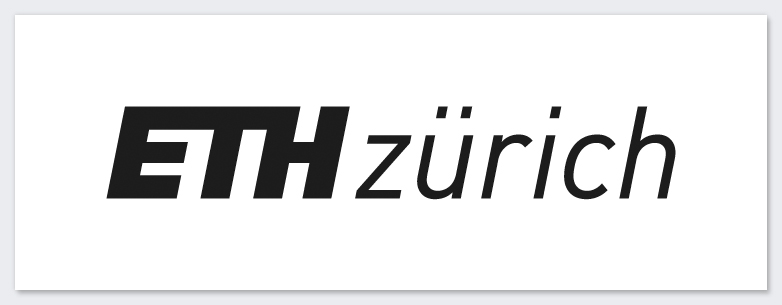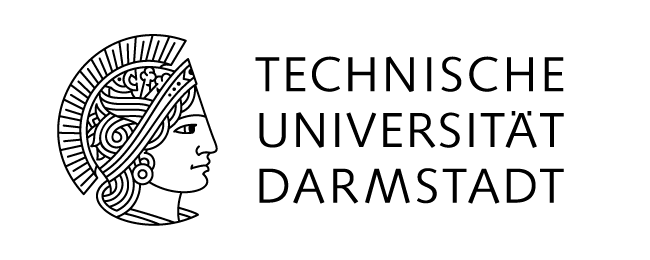conducted by: Thomas Weitin, Ulrik Brandes
funded by the DFG priority programme “Computational Literary Studies” (2020-2023) and the Swiss National Science Foundation.
Over the past 15 years, literary studies has profited enormously from the new methods of digital humanities. These developments, however, have also brought with them scepticism, particularly with regard to the apparent contrast between critical reflection and statistical analysis.
Contrary to these concerns, the development of digital literary studies is extremely productive, since its application produces results that not only support existing hypotheses, but also provide new insights into our work and our questions. Through the development of network-based methods of analysis, we want to contribute to making possible statements about extensive invisible, i.e. decanonized, literatures (Franco Moretti’s “great unread”). The project investigates a corpus of German and English literature from the 18th century and the Goethe period in particular. The more than 400 selected novels and narratives are available in digital form and are exemplary for the large masses of texts that have been forgotten by individual readers.
The main research interest lies in the automated differentiation of texts and the changing meaning of individual texts in text collections, which are selected in accordance with diverse criteria. We are particularly interested in the influence of the compilation of literary corpora on the positions of female authors. To this end, suitable characteristics are to be identified and grouping methods developed that use network representations and go beyond the comparison of frequencies and common occurrence of words. Thus, network models of different data types (e.g. stylometric or semantic data) will be developed, which reconstruct literary history by means of grouping processes.



